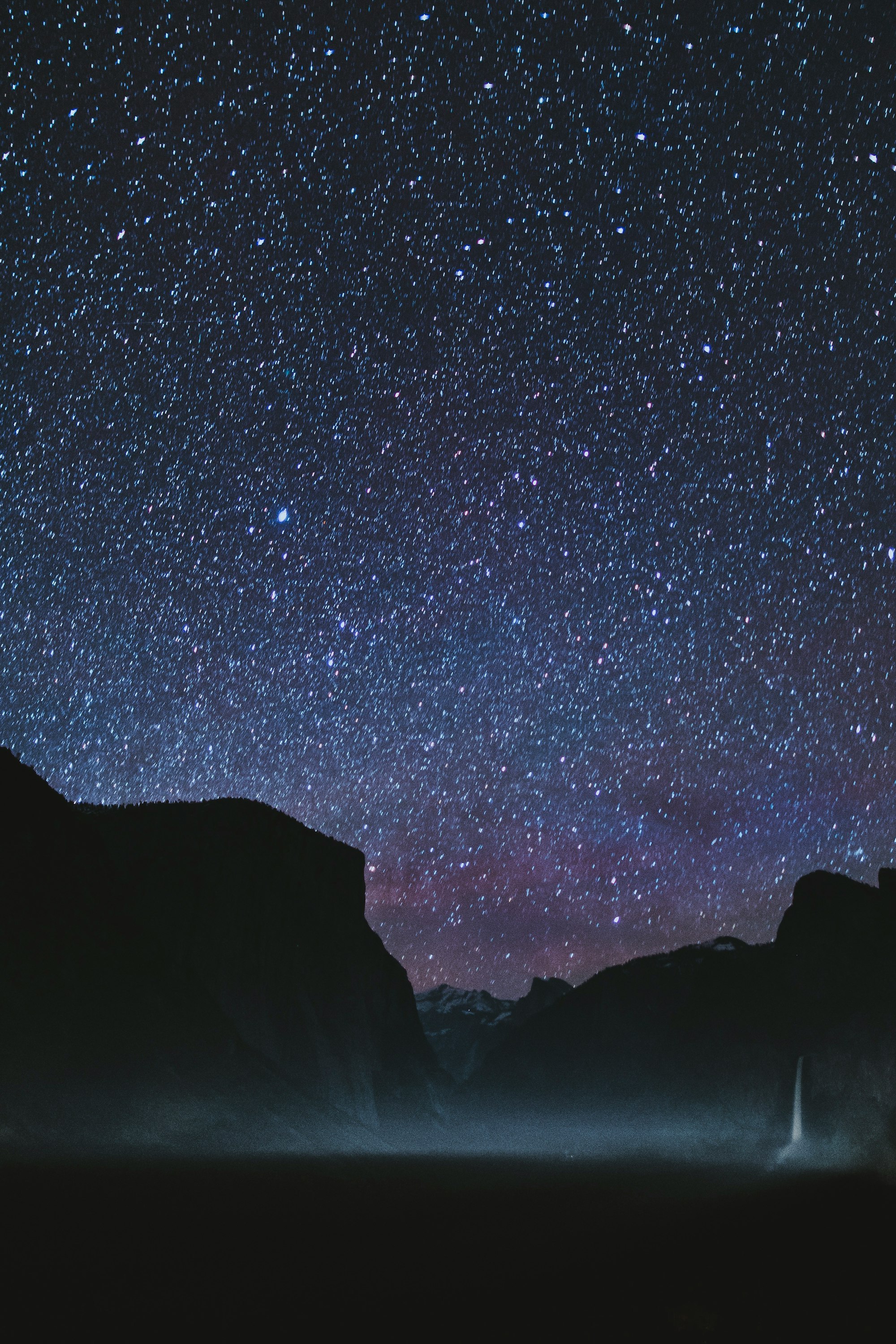I often think that the night is more alive and more richly colored than the day.

The Night for Van Gogh
I often think that the night is more alive and more richly colored than the day.
How do I give order to the complexity of life? My thought attempts to capture an instance of the flow and crystallize it so that it endures, so that I might make sense of my world. In doing so, however, I create pools of order floating in a sea of disorder, as Nobel winning physicist Ilya Prigogine said. There is something more true about the flux than any stillness reason can wrestle from nature.
So, when Van Gogh gazed at the night sky, he probably recognized the pregnant possibility that darkness represents. We colloquially say that morning “breaks,” without ever realizing the cognitive concession that represents. Reason makes sense, it brings together and it assembles separate entities with particular properties that establish an identity. It attempts to crystallize something enduring, when entropy is really a measure of disorder.
The artist understands this ethic, because the infinite nature of possibility is the canvas upon which he creates. Without that metaphysical acknowledgement, that space exists in our midst, and to try to wish it away beneath a guise of technological innovation that mistakenly presumes it is making progress on the nature of reality, robs humanity of it’s most precious attribute – its ability to dream.
When the race is run, we will return to the darkness. Living with it, however, let’s us breathe and imagine what else can be. That’s beautiful, to reach into nature and retrieve some glimpse of its true splendor. We privilege a path out of darkness, a sword that cuts through the night and triumphs over fear. To embrace the darkness, however, is how we truly grow.
So, we present our reasons, we wring our hands over the persuasiveness of our arguments, we create anxieties about the truth of what is—when we can simply release our grip on the good and the clear, and instead release ourselves into the night.
Our cultural narrative drives our psychology and biases the supposed objectivity of our structures. Any obstacle to that inevitable conquest must be vanquished and good order restored. Have we considered when the “obstacle” confronted also has its own point of view? Suddenly, a fragmentation is introduced into our monolithic conception, and the effort to achieve total understanding is broken once again.
The light is but a mere component part of a greater whole. Thus, the artist stares into the night and imagines the cool recesses that have eluded the knowing sun. If she closes her eyes and embraces the vibrant nature, the subtle sounds of a world alive that was always there, even when the inadequacy of her ability to define it fell short. Rather, she experienced more fully because she released herself from the pressure of knowing it.
# # #

